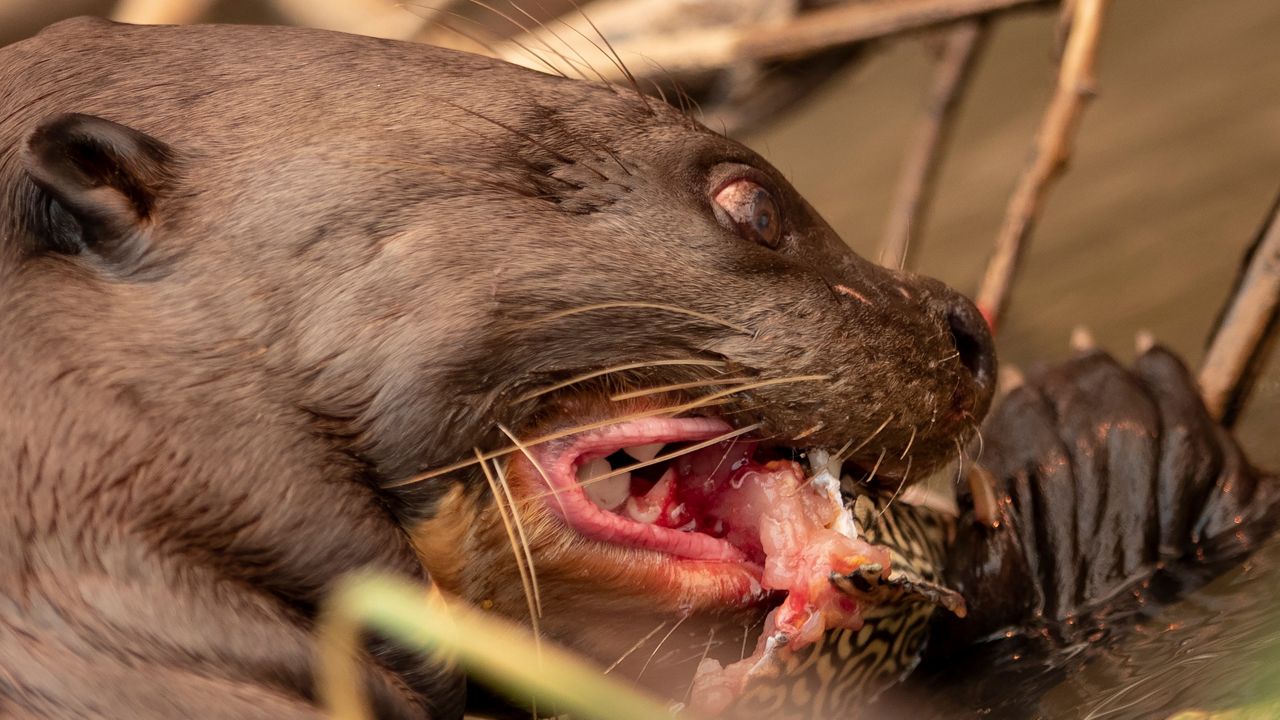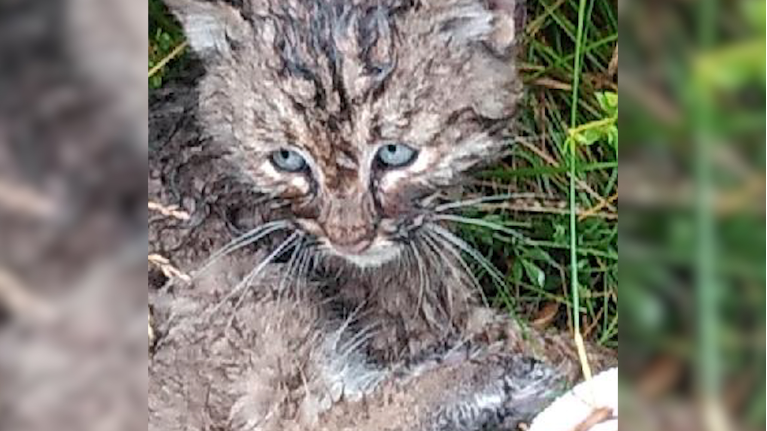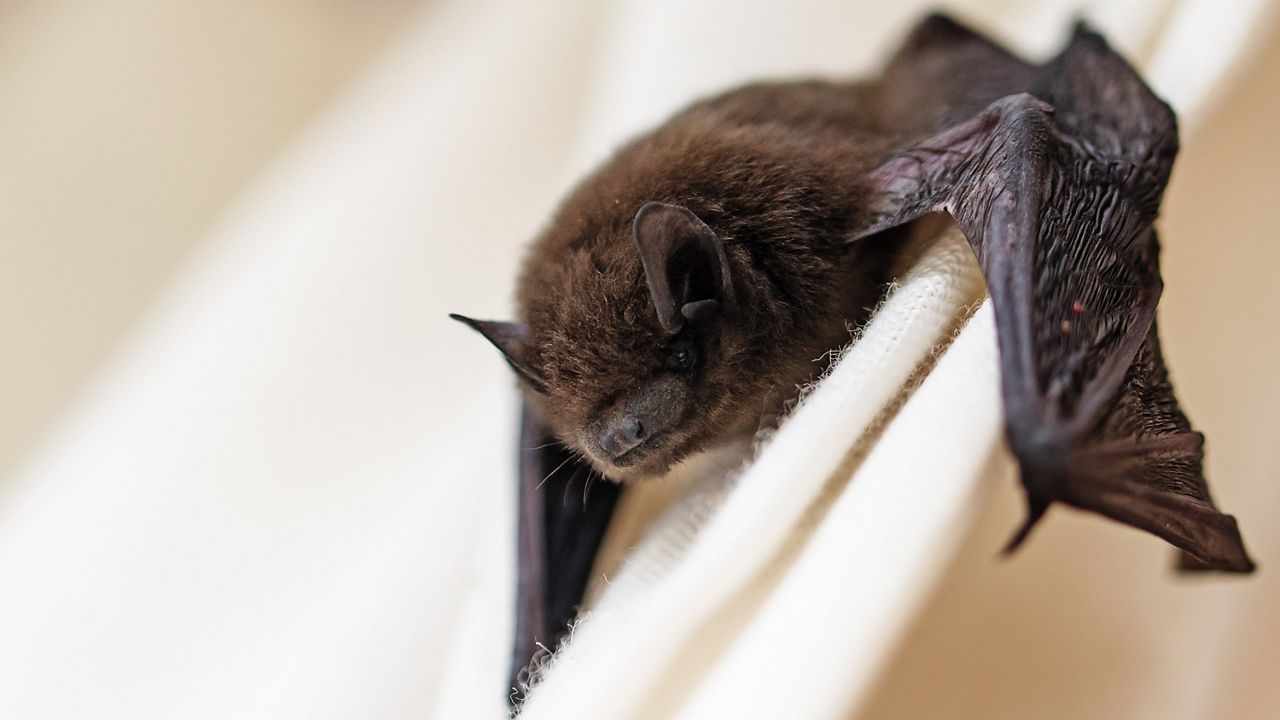ORLANDO, Fla. – Resist the urge to blanket an otter. The critter could have rabies and attack.
That’s what happened to an Orlando woman who tried to warm an otter on her driveway during a chilly afternoon last week.
What You Need To Know
- Orlando woman receiving medical treatment after otter bit her right leg
- Rabies alert issued for Delaney Park and surrounding neighborhoods
- Vaccinate pets against nervous-system disease, avoid wildlife, alert says
The attack triggered a rabies alert for Delaney Park and surrounding neighborhoods.
The alert zone is centered on Ferncreek Avenue. These are boundaries:
- State Road-408/East Anderson Street
- Interstate 4/Division Avenue
- Holden Avenue
- State Road 15/Conway Road
“All residents and visitors in Orange County should be aware that rabies is present in the wild animal population and domestic animals are at risk if not vaccinated,” the Florida Department of Health in Orange County said in a statement Tuesday. Residents in the zone shouldn’t allow pets to run free.
Florida law requires vaccinations for dogs, cats and ferrets.
“Outside cats are by far the most common domestic animal found to have rabies in the state of Florida largely because they are often not kept up-to-date on rabies vaccinations,” the state health department says online.
Infected animals spread rabies mainly through bites because the virus is shed in saliva. However, transmissions are also possible through scratches. Saliva and nervous tissue of infected animals can infect people or other mammals through an open wound, mouth, nose or eyes.
“The public is asked to maintain a heightened awareness that rabies is active in Orange County. Alerts are designed to increase awareness to the public,” the alert statement added. “Please be aware that rabies activities can also occur outside the alert area.”
The attack happened before 3 p.m. on Christmas Day outside of the woman’s house on East Kaley Street.
The high temperature that day in Orlando was 53 degrees, according to the National Weather Service in Melbourne.
Overnight lows hovered in the mid-30s.
A Florida Fish and Wildlife Conservation Commission officer said the victim spotted the otter on her driveway as she was leaving home and placed a blanket on it because the weather was cold, according to a report.
“It turned and bit her leg,” the report said. “It soon died at the location.”
The wildlife officer retrieved the otter for testing. The results confirmed it was infected with rabies, prompting the rabies alert December 29. The alert is for 60 days.
The Orlando woman immediately received medical treatment.
Rabies-bite victims are initially treated with a dose of human rabies immune globulin and rabies vaccine, both administered on the day of exposure. Additional vaccines are given on the third, seventh and fourteenth day after exposure, according to the Centers for Disease Control and Prevention.
Only mammals are at risk of contracting rabies. Human cases are rare, with only 1 to 3 instances annually in the United States, according to the CDC. However, about 55,000 people annually in the U.S. receive rabies prevention treatments after bites or scratches from animals with suspected or confirmed rabies infections.
Raccoons, skunks, bats, and foxes are the animals that most commonly carry rabies in the U.S.
Rabid otters have been reported in Florida in the past.
A Maitland Police officer fatally shot an infected river otter after the animal scratched and bit people near Lake Lily in January 2019. River otters are found everywhere in the Sunshine State except for the Florida Keys, according to the state’s wildlife commission. They typically weigh from 15 to 30 pounds and thrive in areas near waterways.
The powerful swimmers dine on crustaceans, amphibians, reptiles, fish, birds, insects and small mammals.
Seek veterinary assistance immediately for pets and livestock bitten by wild animals and contact Orange County Animal Services at 407-836-3111.
Health officials say people should immediately seek medical attention if they are bitten by wild or domestic animals.
Report injuries to the Florida Department of Health in Orange County 407-858-1420.








